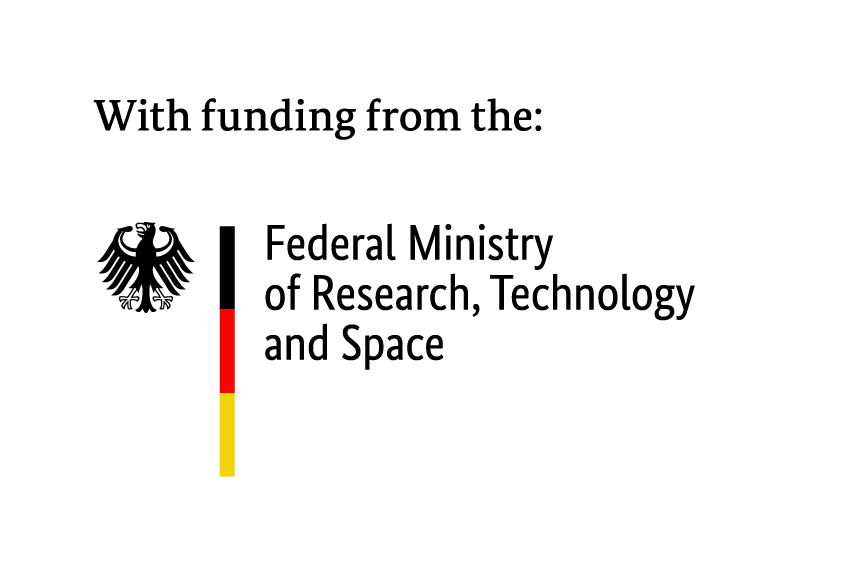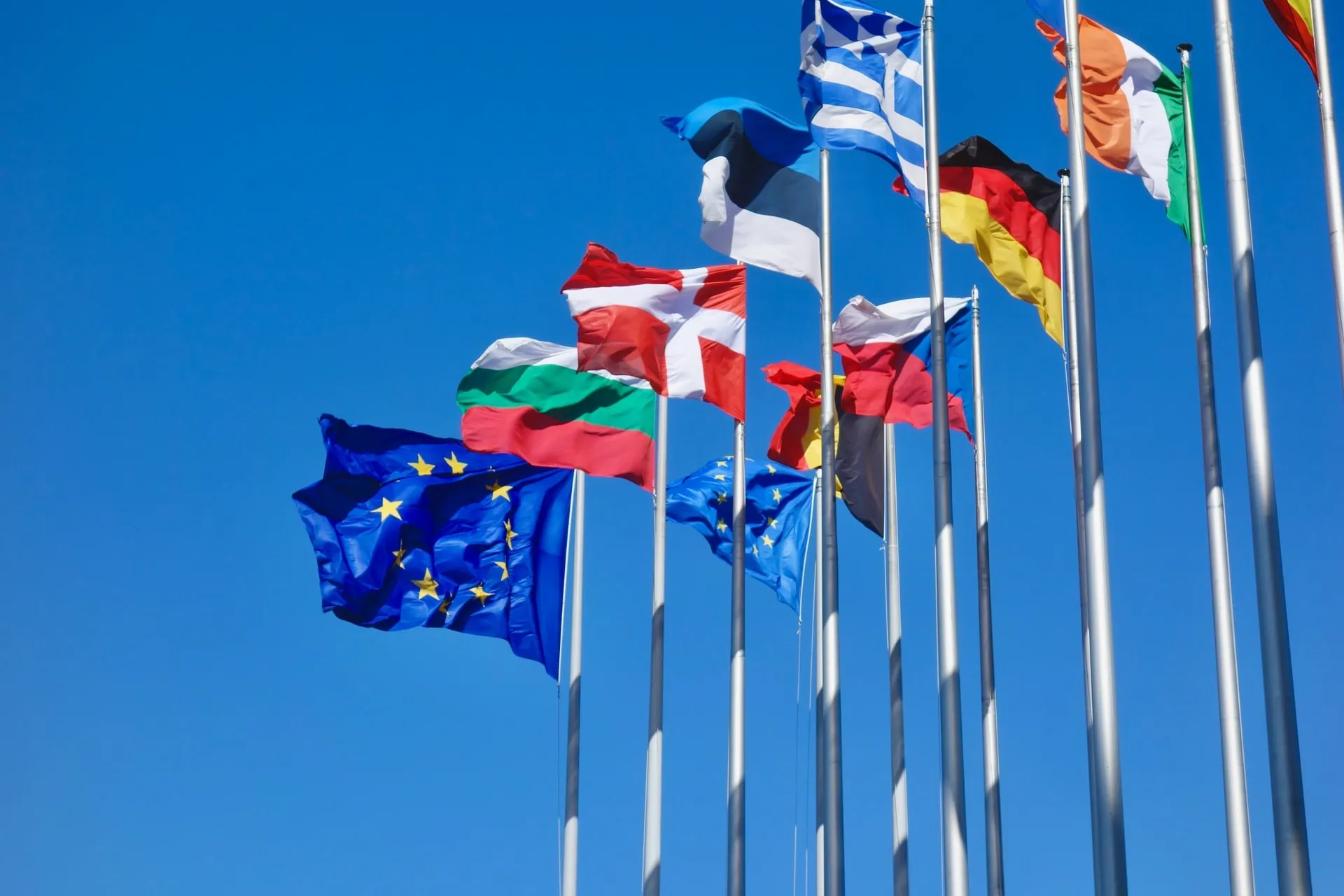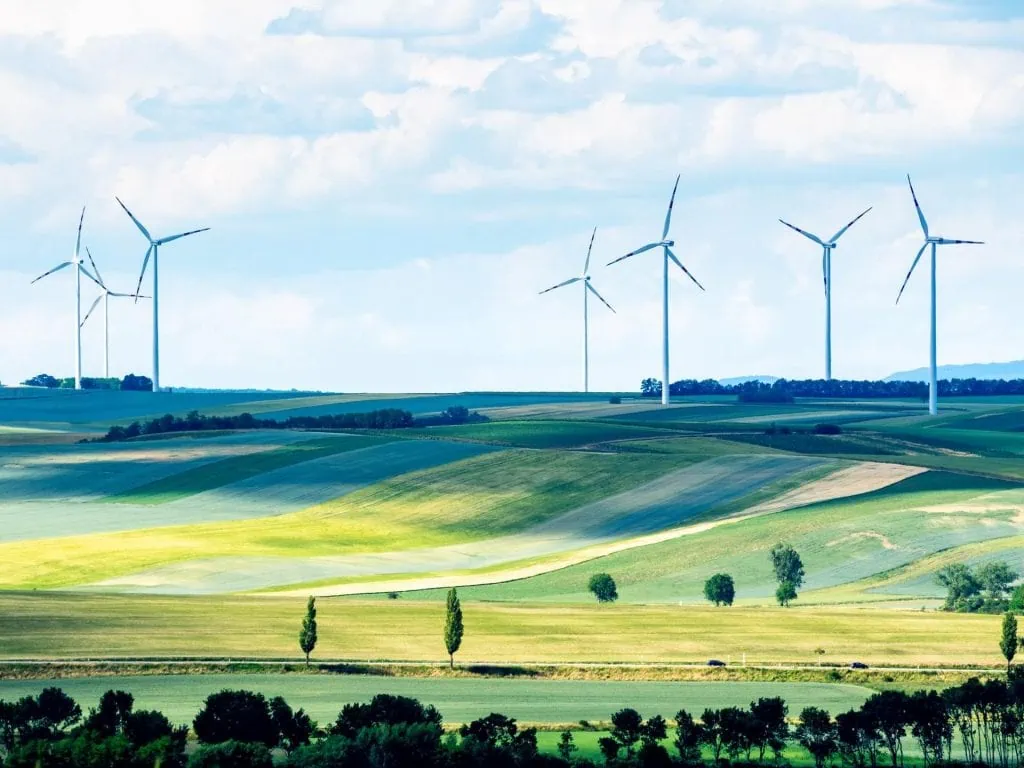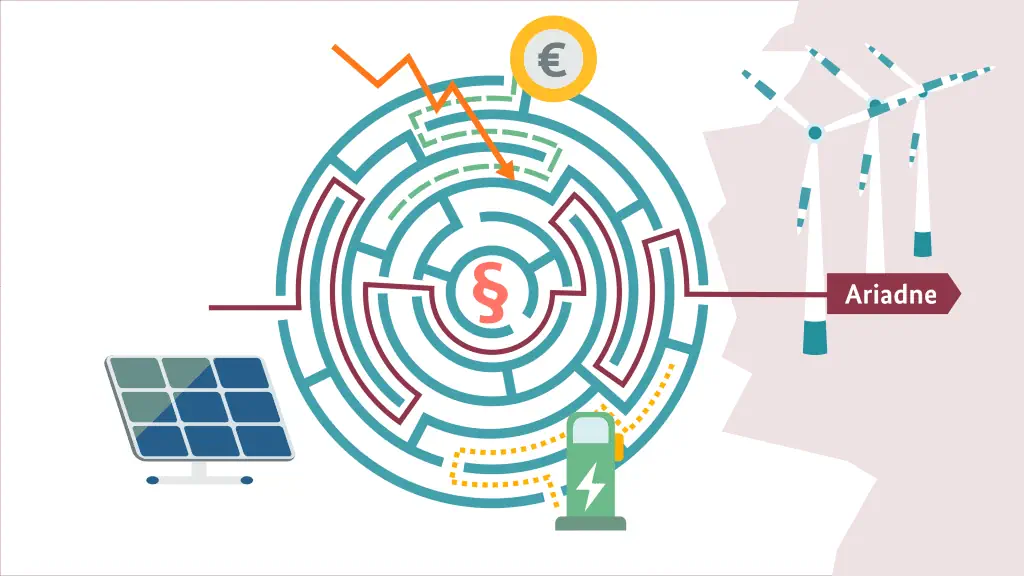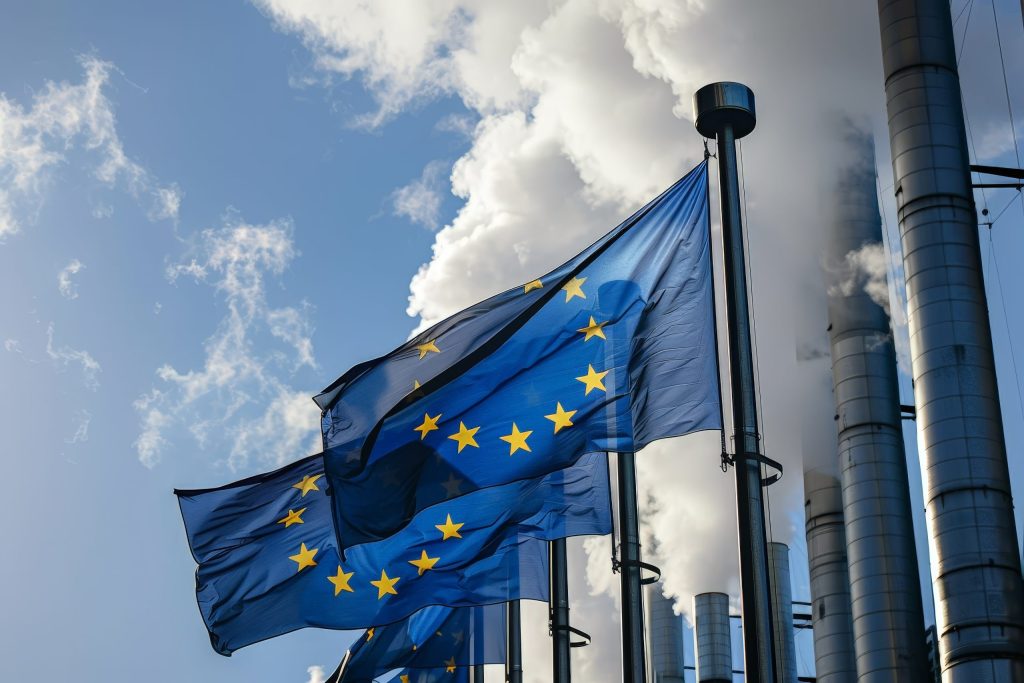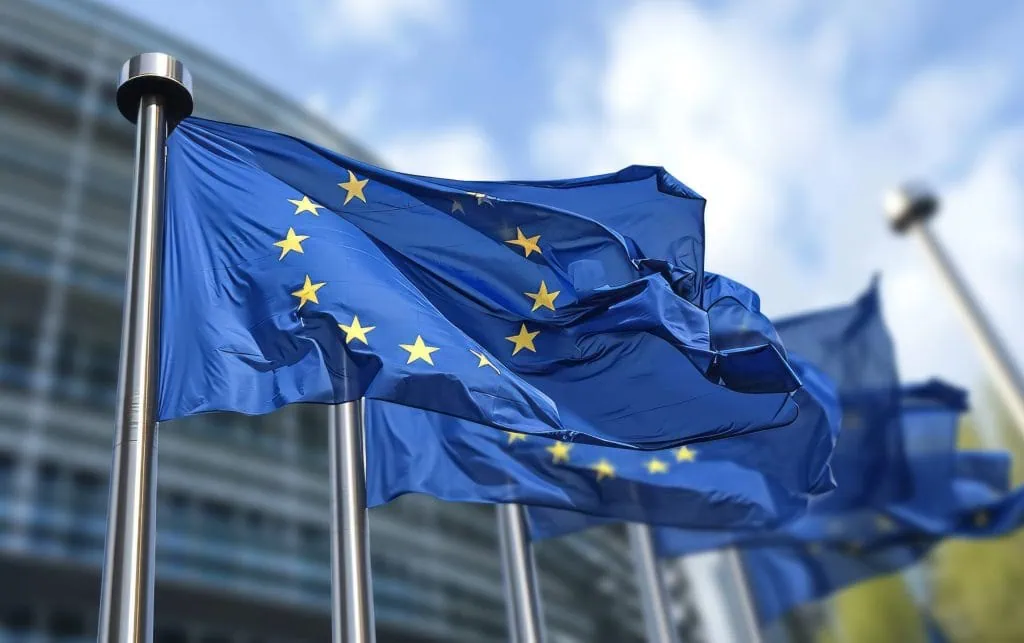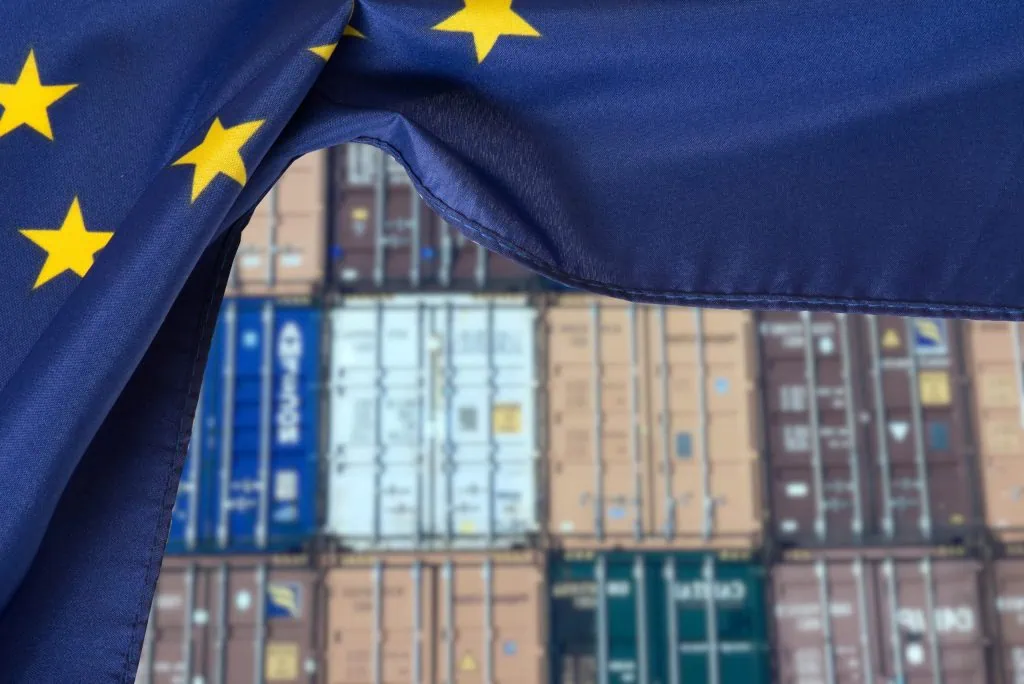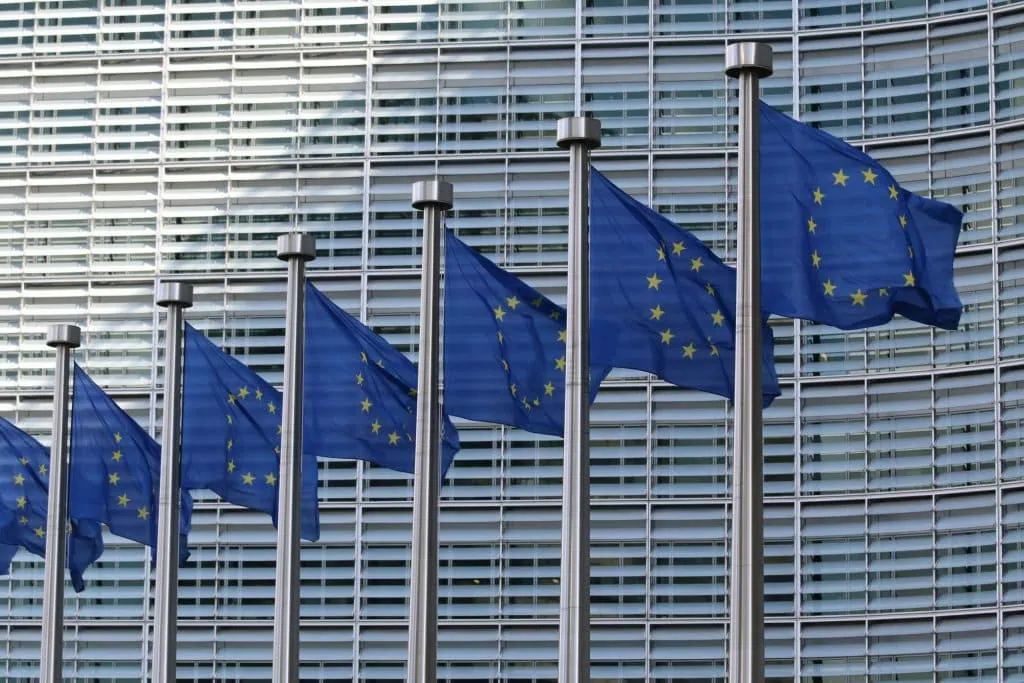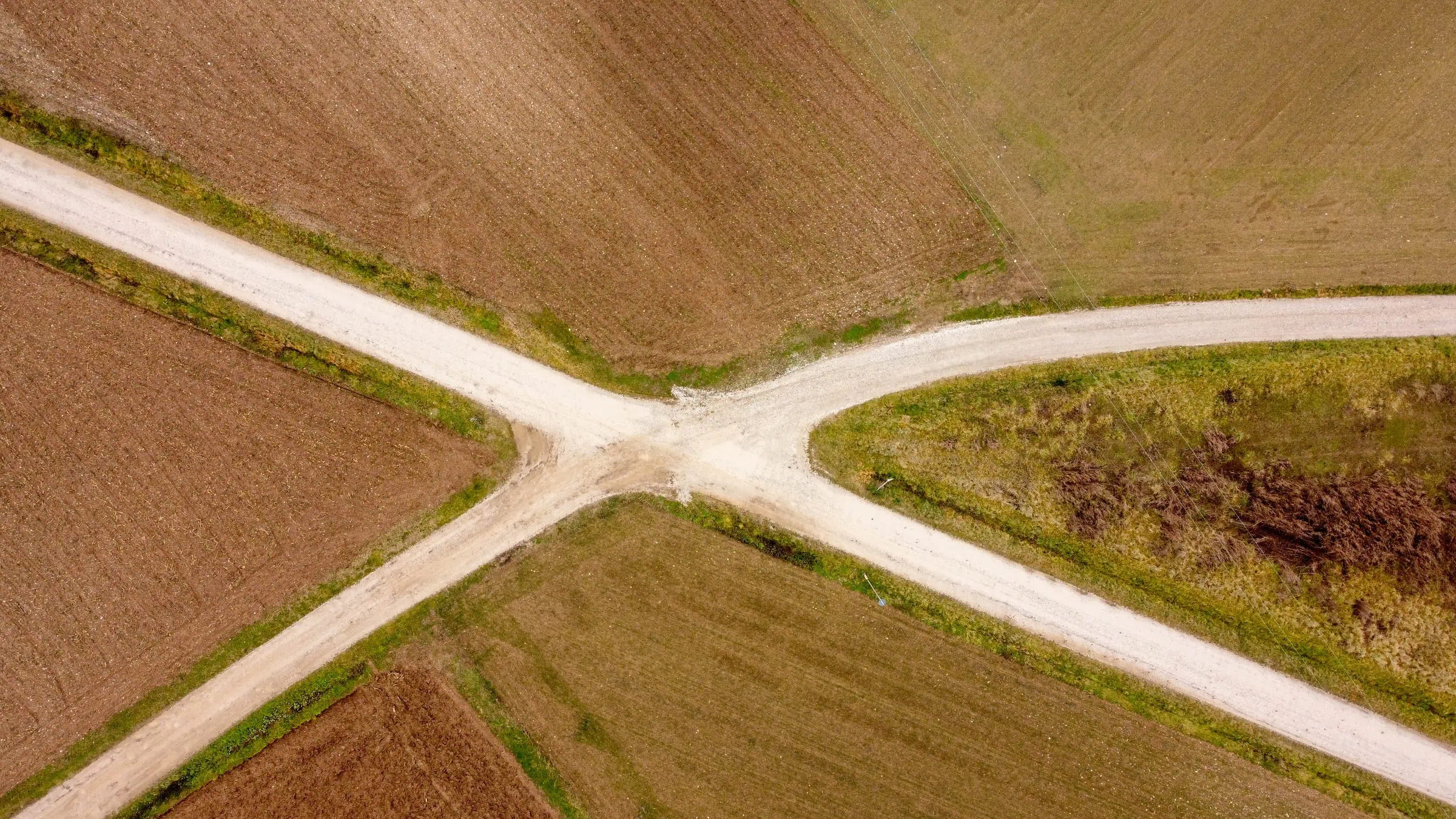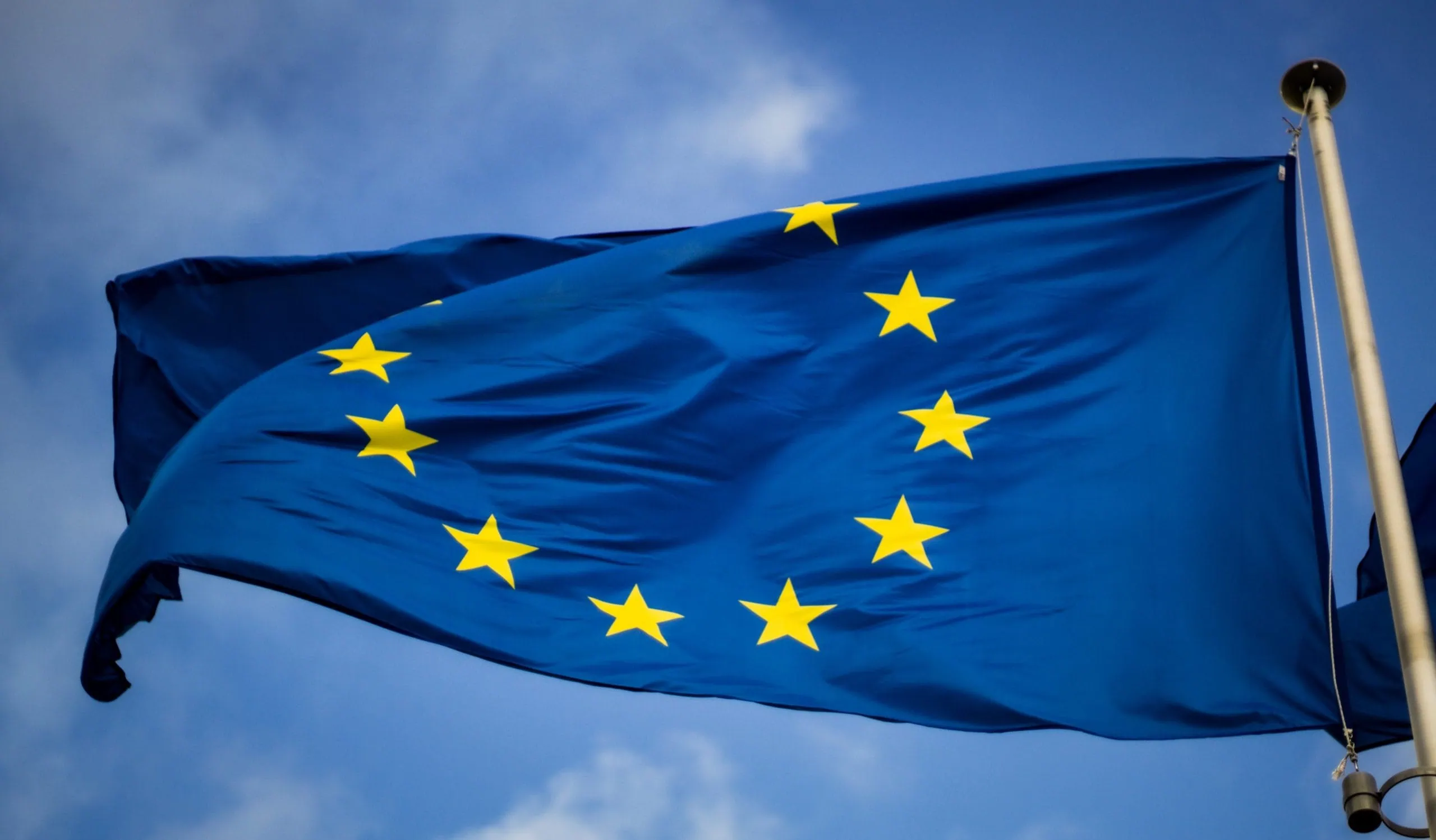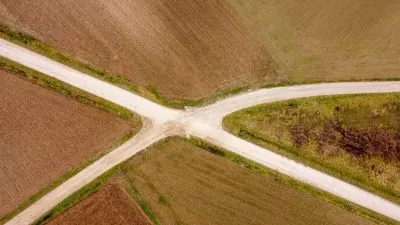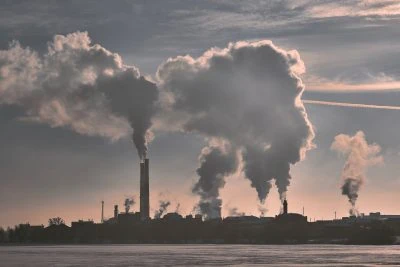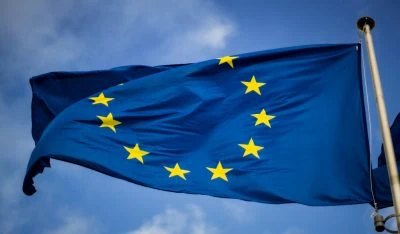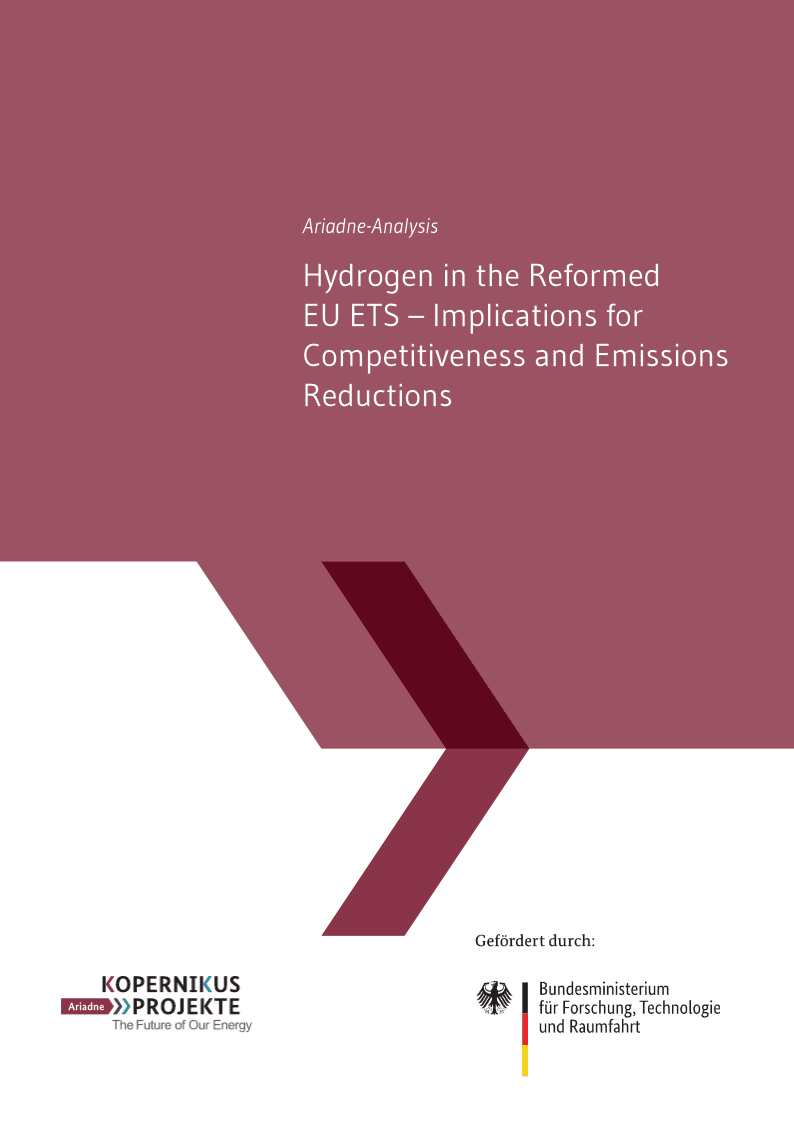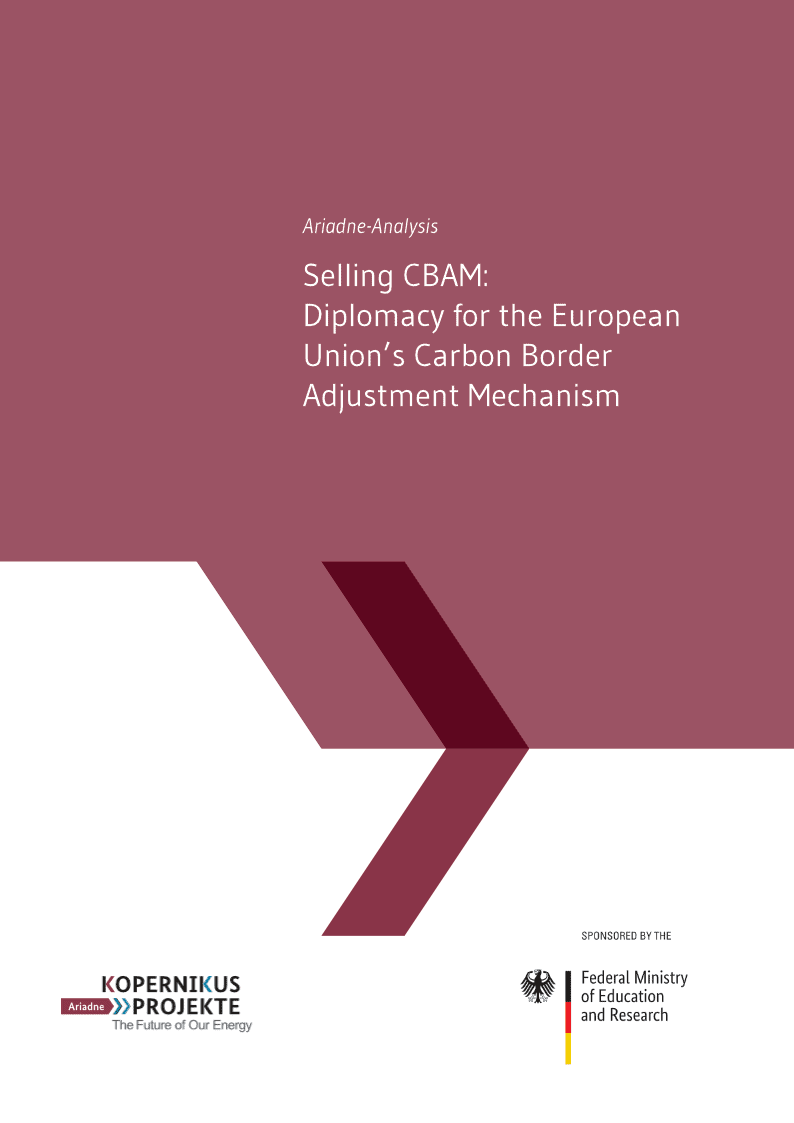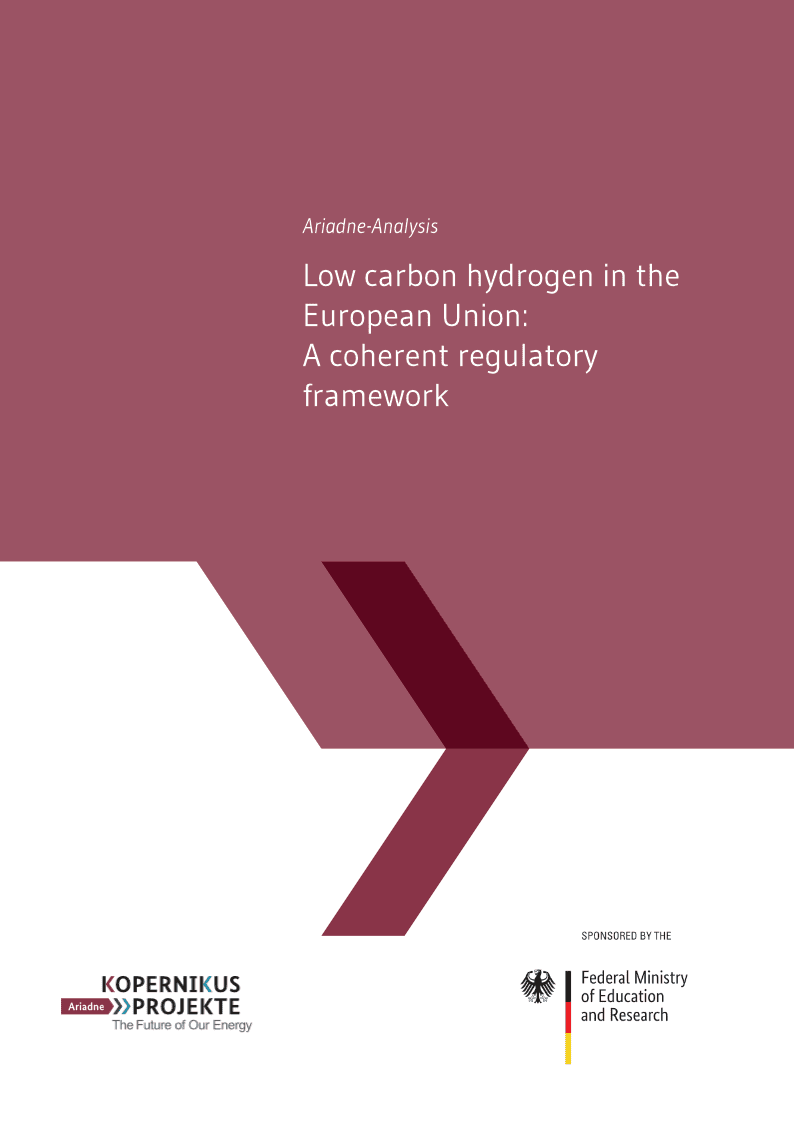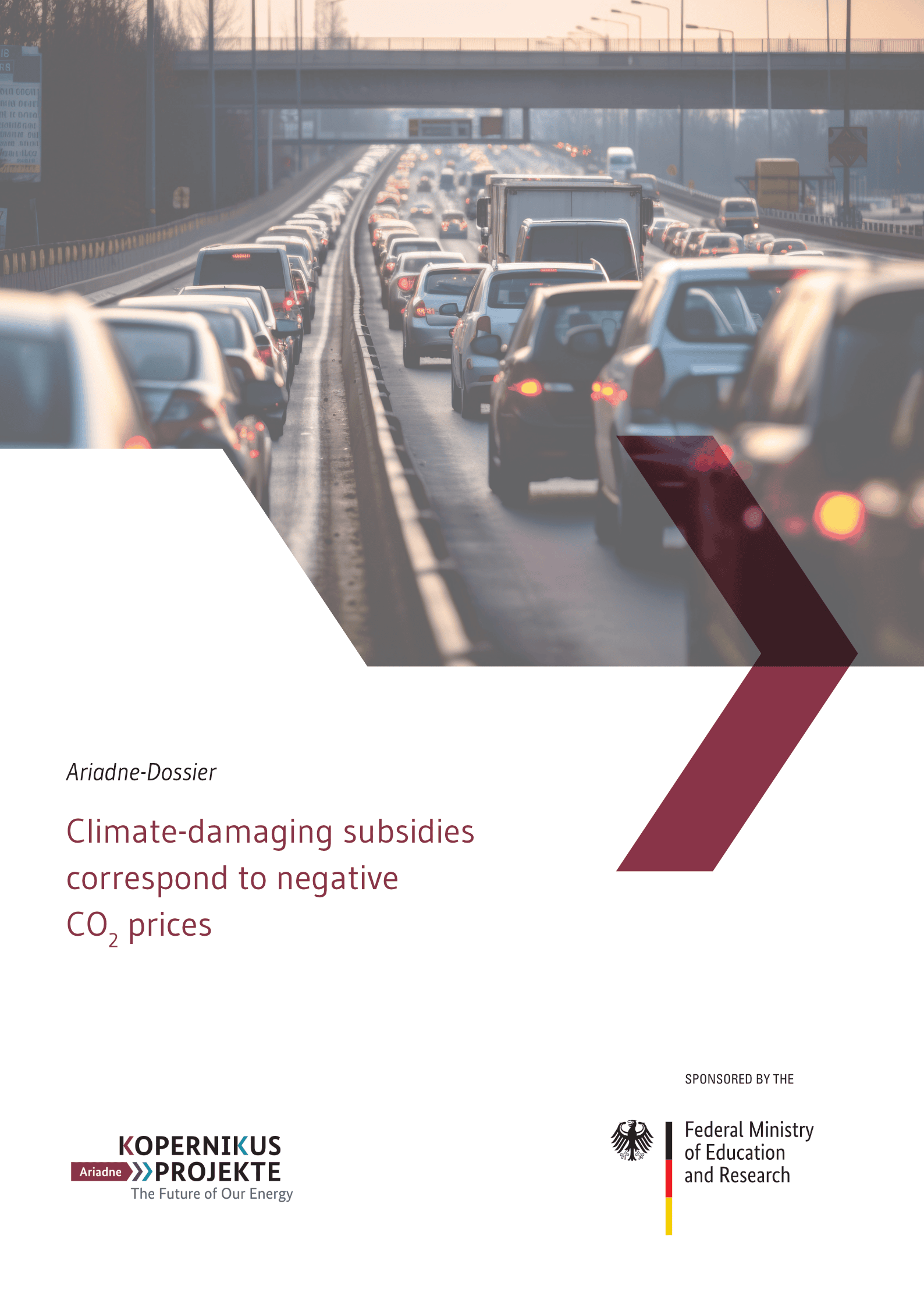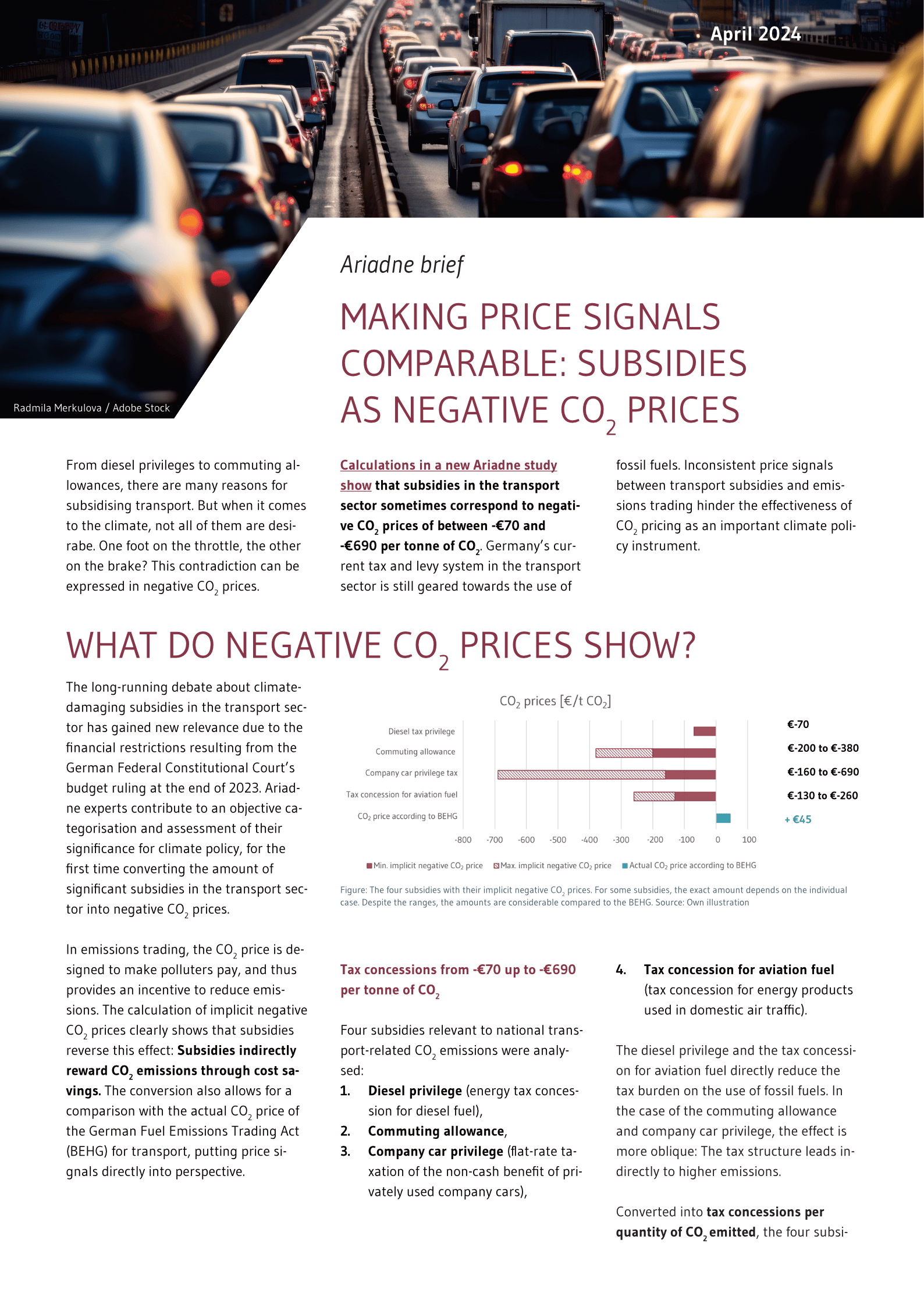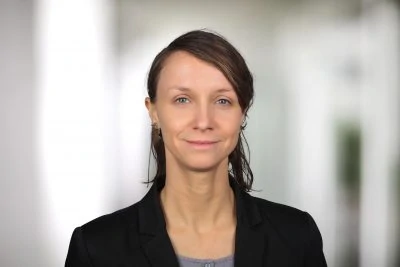Our News
Heating transition, Electricity Transition, Transport transition, Hydrogen, Europe & Green Deal, Governance & Institutions, Scenarios, Tax reform, Industrial transition
Working together toward climate neutrality
In a new short video, the Kopernikus project Ariadne shows why research into climate policy measures is so important for achieving climate neutrality.
to NewsIndustrial transition, Hydrogen, Europe & Green Deal
Europe must provide even better incentives for renewable hydrogen
Ariadne researchers have analysed the EU framework for the ramp-up of hydrogen. This energy carrier, produced with electricity from renewable sources, is intended to decarbonise sectors that are difficult to electrify, such as the chemical and steel industries.
to NewsEurope & Green Deal
Staying the course in turbulent times: A dialogue with the Ariadne Project on future EU energy and climate policy
The Ariadne project provides the results of the three-day event on EU climate and energy policy (9-11.12.2024) in Brussels.
to EventsGovernance & Institutions
Under scrutiny: How EU diplomacy handled the design and launch of the Carbon Border Adjustment Mechanism
The European Union’s outreach to third countries during the introduction of the Carbon Border Adjustment Mechanism was rigid and uncoordinated, new Ariadne analysis has found. Researchers investigated how the EU organized its diplomacy to counter trade concerns during the …
to NewsHydrogen
Low Carbon Hydrogen: strategic approach missing in EU’s regulatory framework, but crucial to ensure climate protection
The use of low carbon hydrogen based on non-renewable sources is considered as a transitional solution for the market ramp-up of renewable hydrogen. A new Ariadne paper shows that a strategic approach clarifying the role of non-renewable low carbon …
to News
